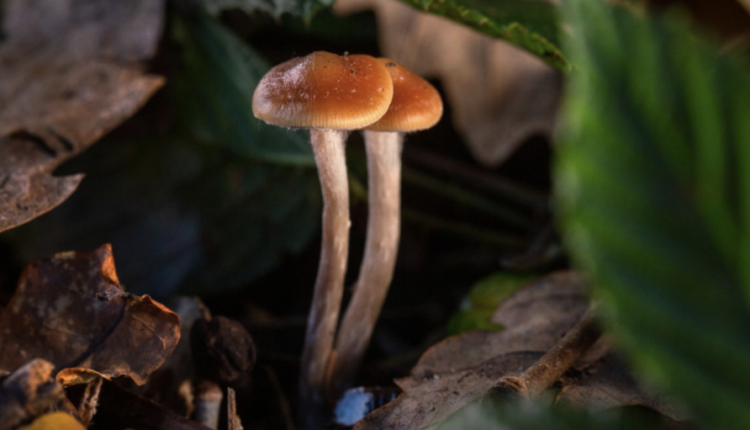
Mushroom Study: Psilocybin’s Superiority in Natural Form
The TDR Three Takeaways for the Mushroom Study:
- Natural mushroom extract shows greater efficacy than synthetic psilocybin in enhancing neuroplasticity.
- Preliminary findings suggest that mushroom compounds could offer unique therapeutic benefits unattainable with synthetic psilocybin alone, potentially revolutionizing care for depression, PTSD, and schizophrenia.
- The study underscores the potential for integrating natural psychedelic compounds into Western medicine, leveraging controlled mushroom cultivation for consistent, effective treatments.
This month, research from the Hebrew University of Jerusalem points to significant therapeutic potentials of natural mushroom compounds, specifically psilocybin-containing extracts, in addressing psychiatric disorders. This study, a collaborative effort led by Orr Shahar and Dr. Alexander Botvinnik, alongside Dr. Tzuri Lifschytz and Prof. Bernard Lerer, contrasts the effects of natural mushroom extracts with those of chemically synthesized psilocybin, particularly in their influence on synaptic plasticity—a fundamental aspect of brain function relating to the development and strengthening of synapses.
The urgent need for innovative treatments in psychiatry cannot be overstated. With a considerable percentage of the global population battling psychiatric conditions such as depression, PTSD, and schizophrenia, and finding little relief in current pharmaceutical options, the exploration of alternative therapies has become crucial. This study’s focus on the therapeutic potential of psilocybin, a psychedelic compound, introduces a promising avenue for research and treatment, especially for those unresponsive to existing medications.
The research demonstrates that psilocybin-containing mushroom extract not only exhibits a more pronounced impact on synaptic plasticity compared to its synthetic counterpart but also enhances the levels of synaptic proteins crucial for neuroplasticity across key brain regions. This implies that the natural extract may offer distinct therapeutic advantages, potentially leading to more effective treatment strategies for psychiatric disorders.
Moreover, the study highlights significant metabolomic differences between the natural extract and synthetic psilocybin, with the former displaying a unique metabolic profile that could be associated with its therapeutic efficacy. These insights open new doors for the use of psychedelic drugs in psychiatry, emphasizing the need for further investigation into natural compounds.
The research also touches upon the historical preference in Western medicine for isolating active compounds over utilizing whole extracts, a practice primarily aimed at controlling dosages and effects. However, the “entourage” effect of whole extracts, a concept recognized in ancient medicinal practices, is gaining attention for its potential to offer comprehensive benefits not achievable through isolated compounds alone. The controlled cultivation of mushrooms, a key point discussed in the study, presents a solution to the challenge of achieving consistent compound profiles in natural extracts, further supporting the integration of these compounds into modern therapeutic practices.
This study sheds light on the superior therapeutic potential of natural mushroom compounds over synthetic psilocybin, particularly in their ability to stimulate neuroplasticity and promote mental health. These findings pave the way for the development of novel psychiatric treatments, highlighting the importance of further research in this field. Want to keep up to date with all of TDR’s research and news, subscribe to our daily Baked In newsletter.



